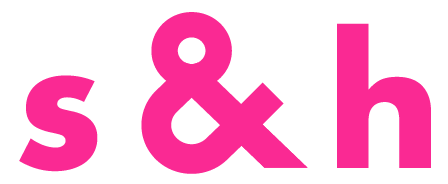Hell Is Other People
In a 1959 episode of “The Twilight Zone,” a man with amnesia wakes up in a small town and can’t remember where he is or who he is. He wanders around, not seeing a soul, and has a breakdown when he goes into a cafe and sees there’s no one there to serve him.
Two cultural signals tell us that anxiety for some is propelling them in an opposite direction: they want to get away from other human beings.
San Francisco-based Eatsa is a tech-savvy, environmentally friendly, vegetarian, automat restaurant that serves healthy food and provides a new luxury: not being waited on by anyone. (The Automats of the 20s and 30s were for the busy and budget-minded.)
Eatsa serves customized quinoa bowls you order on an in-store iPad. Then, according to the website, “Your made-to-order bowl shows up lightning fast in your personalized cubby. It’s pure magic.” Because it’s cashier-free (the chefs are hidden in the back of the restaurant, and a human concierge is there only to guide you to the automated process), the price of the bowls is relatively cheap. Eatsa is like the Seamless service — but outside your home.
In another signal we’re not just digitally detoxing — but also people-detoxing — web-based app Avoid Humans analyzes data from Foursquare and Instagram check-ins, and tells you the nearest places in your area with the least number of other people. The app is divided into four categories — Nightlife, Food, Coffee and Refuge, and each location is color-coded and humorously labeled to indicate the level of humans present: Welcome Agoraphobics, Judgement Call, and Run!
Drones drop off online purchases. Food cooked by people is delivered invisibly at Automat restaurants. And when we do go out, an app can tell us where we can go with minimal human interaction. As life curation, customization, and the desire for frictionless transactions evolve — and the rise in the collapse of work life /personal life continues — the ultimate luxury appears to be the ability to edit others out of our experience.


